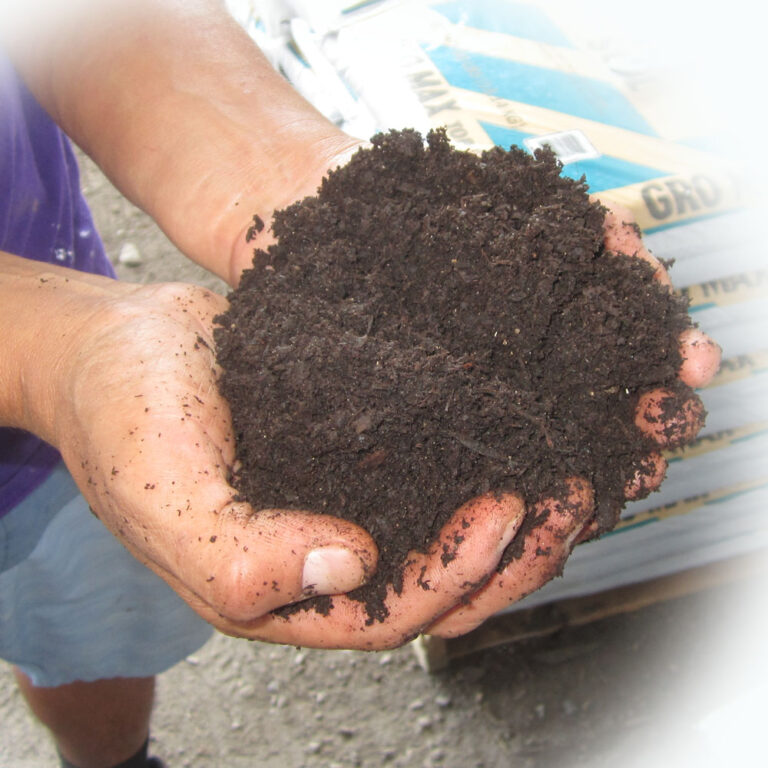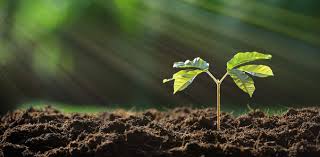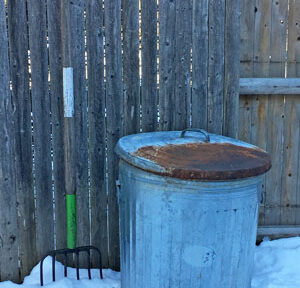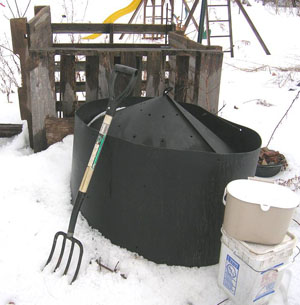What is it about Compost

Compost & Soils
Your garden’s soil is the starting place for plant health and nutrition.
Of course, plants rely on soil to anchor their roots. But importantly, soil holds water, bacteria, insects and microbes that dissolve nutrients.

The nutrients are then available for the plant to use in photosynthesis (when plants create their own food) and grow.
Soil pH, its relative acidity, affects the chemical reaction of water and nutrients making some nutrients more available in quantities more suitable to the plant’s needs. Successful plant communities consist of plants that have similar moisture, sunlight and soil pH requirements. Nature creates its own compost that forms as the plant communities mature together.
You’ll want to know your soil’s pH so you can determine if amendments are necessary to grow the plants you want. A soil sample should be representative of the area to be tested.
How to take soil samples to test and mail for pH analysis.
Don Ward III and Sam Fennell-Ward talk about the benefits of compost and how much to use in this video:
As you saw, the surface of a forest floor has recognizable plant debris, but as you dig down, the soil becomes more uniform and broken down. In our attempt to mimic nature in gardens, we need to amend gardens with compost.
Compost is easy to make. Many types of compost bins are available. Below are just two examples. In the video, you saw a TUMBLER type available at Ward’s.

A trash can composter makes a smaller volume of compost but is inexpensive, works well at keeping out rodents and is simple to make.

Pallets wired together can hold ‘finished’ compost (or with little to no food waste) and the New Age Composter holds about 3ft. x 3ft. x 3ft. of material. Smaller buckets are for collecting kitchen waste to add to the black composter.
To produce compost yourself, you need air, water, carbon and nitrogen.
Carbon and nitrogen are found in the organic wastes from kitchens and gardens but carbon can also come from napkins, newspaper, paper towels, and used paper plates as well as dried leaves, dry grass clippings and sawdust.
Compost happens without our intervention but we can help it go faster by providing a good mix of ‘food’ material, aerating the pile (turning it regularly) which also encourages internal heat and keeping it moist.
What’s okay to compost – What’s best NOT to compost
DO COMPOST
Food Waste
Coffee/Tea bags
Veggie scraps
Fruit scraps
Egg shells
Rice/grains/pasta
Yard waste
Leaves
Grass clippings
Yard trimmings
Pine needles (small amounts)
Wood ash (small amounts)
Manures (Horse, cow, goat, chicken rabbit)
DO NOT COMPOST
Meat or fish scrps
Pet wastes or kitty litter
Diseased plants
Cheese or other dairy products
Charcoal briquettes
Weeds which spread by roots and runners
Bulky woody waste (chip first)
Fat or greasy wastes
Insect-ridden plants
Weeds with seeds
Peanut butter, oils
If producing compost from your own kitchen is not possible for you or you need more than you can make, bagged composts are available.
All have gone through the natural process of mixing carbon, nitrogen, air and water with enzymes and microbes to create light organic material suitable to amend your natural garden soils.
Ward’s offers organic composted cow manure (MooDoo from Vermont), composted manures mixed with organic farm wastes (McEnroe Compost from New York), Quoddy Blend Lobster Compost (from Coast of Maine) made from compost, sphagnum peat moss, aged bark, and lobster and crab meal; and Worm Castings –just the worm castings produced from a worm bin.
Here’s a list of many soils, mulches, fertilizers and composts now available at Ward’s.
To learn more about methods of making compost, stop in to Ward’s or download this information packet.
Our Summer Garden Advice
By mid-summer, perennial gardens can start to look overgrown, annual flowers begin to fade, and bugs may be munching on your vegetables.
Summer Articles